censorship
Latest

Apple pressured to remove respected podcast app Pocket Casts in China
Apple has pulled Pocket Casts, one of the most popular podcast apps on iOS, from its App Store in China. China’s regulator made the demand to Pocket Casts through Apple, according a Pocket Casts Twitter thread.

The Trojan Horse in Trump’s anti-Twitter executive order
The order’s gist centers on the White House belief (or rather, tactic) that fact-checking the White House or its allies constitutes anti-conservative bias. So yeah, here we go with Section 230 (again). FOSTA was vague and sought to neuter Section 230, too.

YouTube blames bug for censoring comments on China's ruling party
YouTube is blaming an error for the fact comments with two specific Chinese-language phrases are being deleted automatically.
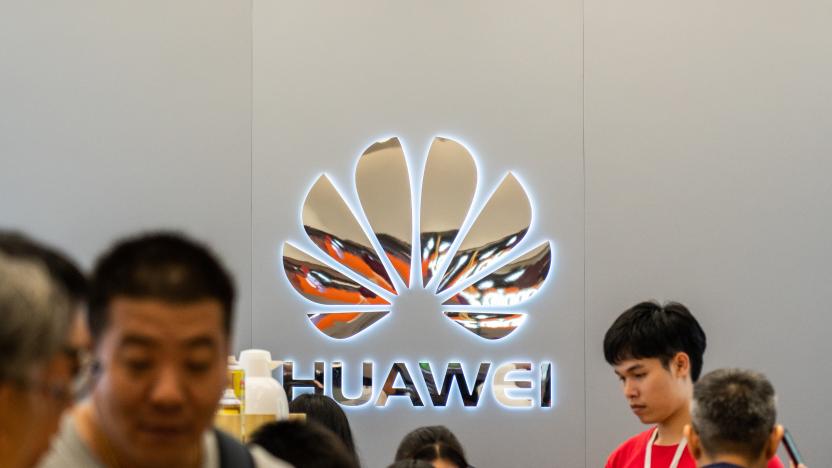
China arrested former Huawei staff for talking about Iran deal online
China arrested former Huawei staff for chatting about its Iran deal, showing just how zealously the country defends its tech giant.

China orders TikTok owner to pull work app that bypassed censors
China has ordered ByteDance to temporarily pull a work-from-home app after learning you could see content from Facebook and Twitter.

China, Huawei propose internet protocol with a built-in killswitch
China, Huawei and Chinese carriers want to redesign a key aspect of the internet -- and while there may be some upsides, their ideas have raised some alarm bells. The Financial Times understands that the group has proposed a new internet protocol at the ITU, New IP, that theoretically offers more efficient addressing and network management than the existing TCP/IP standard but also appears to have hooks that allow authoritarian regimes to censor and surveil their residents. Most notably, there would be a "shut up command" that would let a central part of the network cut off data going to or from an address. As you might guess, that could be handy if China wanted to silence an activist without resorting to extra tools.
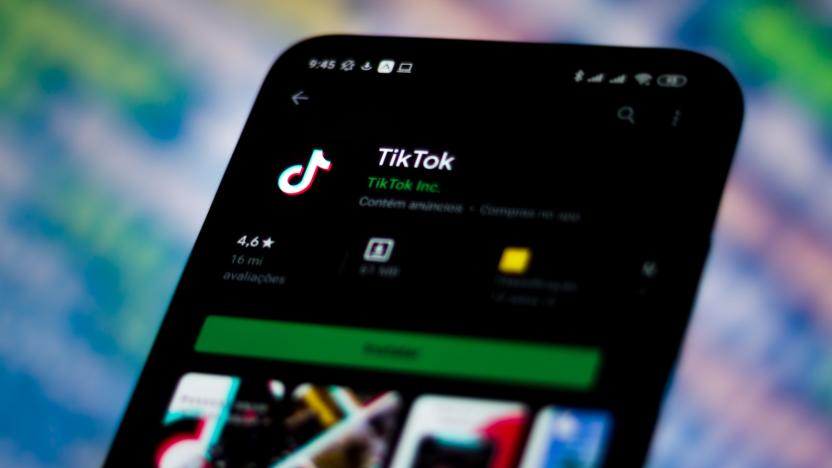
TikTok will stop using China-based moderators to screen foreign content
TikTok has already taken steps to reassure the world that the Chinese government doesn't control its app overseas, including the use of non-Chinese moderators for the US and plans for a transparency center. However, it's taking things one step further. The social media company said it will stop using China-based moderators to screen content in any other country, and that more than 100 moderators will have to either find other jobs inside parent company Bytedance or leave. Teams local to given areas should take over within a few weeks, TikTok said.

'Minecraft' library helps you dodge news media censorship
There are numerous ways to evade censorship of the press, but it's getting increasingly difficult when countries like China and Russia are cracking down on VPNs and similar tools. Reporters Without Borders thinks it has the answer to those mounting obstacles: make the news available in a game that's rarely blocked. The team has worked with BlockWorks and MediaMonks on the Uncensored Library, a Minecraft map that includes articles from journalists and sites whose work is frequently censored for its unflattering truths. You'll find articles from murdered Saudi Arabian journalist Jamal Khashoggi (whose fiancée Hatice Cengiz supports the project), the activist-friendly Russian site Grani.ru and the Egyptian anti-corruption outlet Mada Masr, among others.
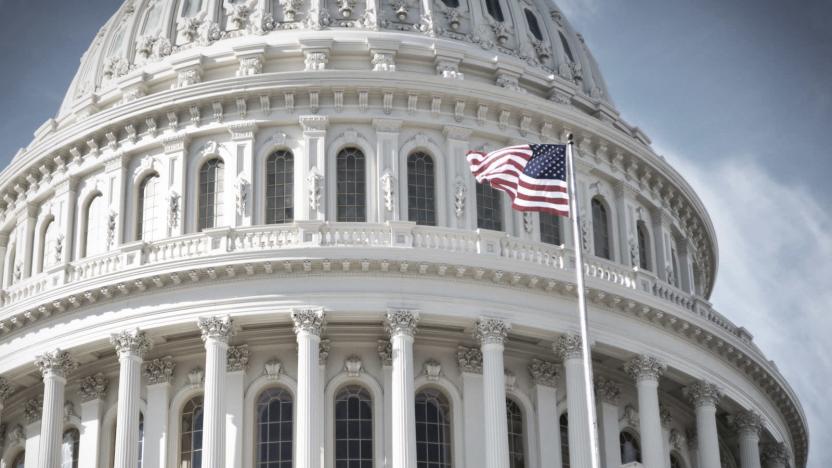
What happens if the internet’s most important law disappears?
Buried deep in the 1996 Telecommunications Act is a tiny clause that underpins everything we do online. It's often described as the 26 words that created the internet -- and with very good reason. Every email you send, social media post you make and review you submit, you do so under this law's protection, after a fashion. And now, it's under threat.

Wikipedia wins its battle against censorship in Turkey
Two years ago, Turkey banned Wikipedia after the site refused to remove content tying the country to terrorist groups. That decision was reversed today in the nation's highest court, which called the ruling a violation of freedom of expression, and ordered the site to be unblocked. The timeframe isn't clear, but it's likely that Turkish citizens will soon be able to access the community-powered encyclopedia.

Russia claims it has successfully tested its own internet
Russia has ramped up the balkanization of its technology and infrastructure over the past few months. The government's "sovereign internet" law -- which allows content to be blocked in an "emergency situation" -- took effect in November, and President Vladimir Putin recently signed a law that bans the sale of devices without pre-installed Russian apps. Today, Russia's Ministry of Communications announced that it has successfully tested a countrywide alternative to the internet, according to the BBC. How this network functions isn't clear, but the Ministry of Communications claims that users didn't notice any changes to their typical web use during the testing phase.
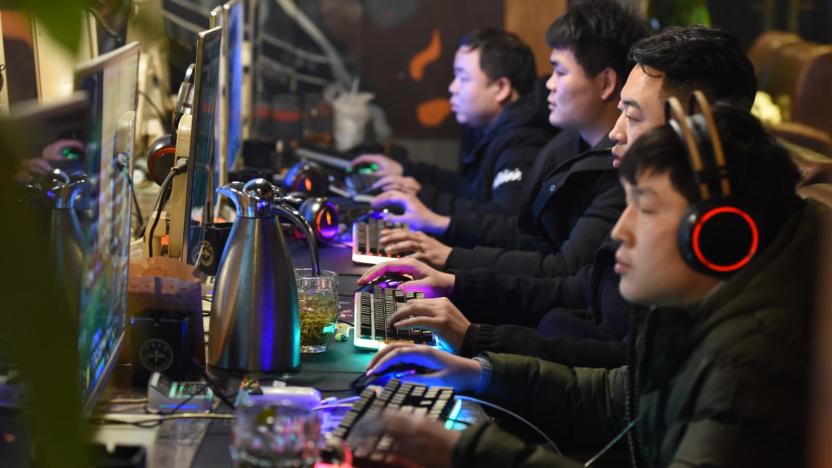
China internet rules call for algorithms that recommend 'positive' content
China is once more tightening its grip on internet content, and this time algorithms are in the spotlight. The Cyberspace Administration of China has published upcoming rules that dictate how internet companies manage content, including a push for recommendation algorithms that promote "positive" ideas (read: government policies) while excluding "bad" material. The measure explicitly forbids content that "endangers national security, leaks state secrets, subverts state power [and] undermines national unity." In other words, internet companies can't challenge the political status quo.

Canadian court issues first ever ISP order to block a piracy website
A Canadian Federal court has ordered internet service providers (ISPs) to block a pirate IPTV service called GoldTV in a case that could lead to further internet censorship in Canada, according to Reclaim the Net. Canada's major ISPs, including Rogers, Bell and Videotron, have been pushing for such a ruling for some years. Now, a nationwide blocking order has been granted, reportedly for the first time, and critics fear it could lead to further censorship of legitimate content.

Iran shuts down nearly all internet access in response to fuel protests
Iran is trying an all-too-familiar tactic to hinder protests: cut the lines of communication. The Iranian government has shut down nearly all internet access in the country amidst mounting protests that began over a 50 percent hike in fuel prices and now encompass wider dissent. There are pockets of access that have let people show what's happening on the ground, but they're rare. Phone calls abroad still work, but those are also closely monitored.

Senators want to know if TikTok is a national security risk
To most, TikTok is an innocent platform full of cute and/or funny videos. But to political leaders, it's a potential national security risk. Senate Minority Leader Chuck Schumer and Senator Tom Cotton (R-Arkansas) have formally asked the Intelligence Community to assess whether TikTok and other China-owned content platforms pose a threat.

BBC fights censorship by launching news site on the dark web
Government censorship of the internet is an issue in many countries, with officials blocking websites for hosting content which is critical of administrations or that includes unflattering news stories. The BBC is fighting back against such restrictions by making a mirror of its international news website available on the dark web, where it can be viewed using the Tor browser.

Google, Reddit execs to speak at House hearing on internet moderation
American politicians have been questioning whether internet companies should be held liable for the content they allow, and two of those companies will soon address those concerns directly. Two House subcommittees are holding a joint online content moderation hearing on October 16th where Google IP policy head Katherine Oyama and Reddit CEO Steve Huffman (above) will speak as witnesses. The hearing will both explore existing practices and help determine if customers are "adequately protected under current laws," including the Communications Decency Act's Section 230 safe harbor protections.

Marco Rubio calls for TikTok review over censorship claims
TikTok owner ByteDance might find itself in legal trouble in the US over claims it's censoring criticism of China in other parts of the world. Senator Marco Rubio has sent a letter to Treasury Secretary Steven Mnuchin asking for the Committee on Foreign Investment in the United States (CFIUS) to review ByteDance's acquisition of Musical.ly in light of the censorship allegations. He argued there was "ample & growing evidence" TikTok was silencing US material to honor Chinese government policies, effectively letting it "suppress freedom of speech" beyond its borders.

TikTok reportedly censored videos critical of the Chinese government
Social media darling TikTok may have attempted to export some of China's censorship policies to the rest of the world. Documents obtained by The Guardian reportedly show policy guidelines that instruct moderators to take down content that makes mention of topics like the 1989 Tiananmen Square massacre.
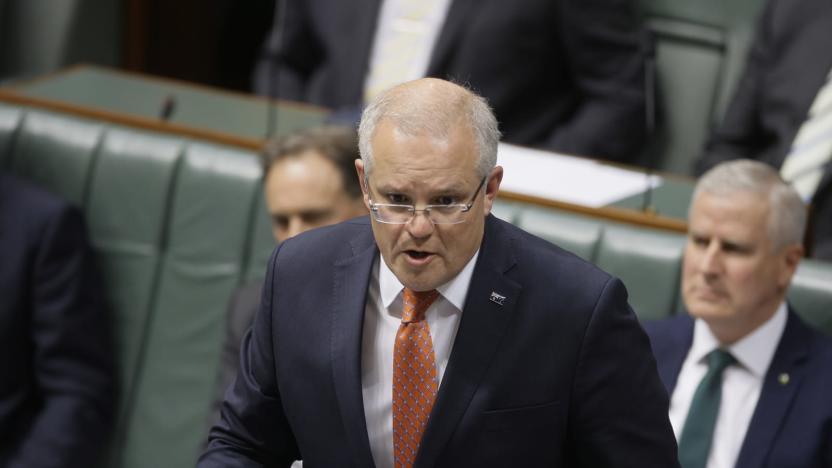
Australia will block domains with extremist material during terror attacks
Australia's quest to fight online extremism will soon involve temporary but far-reaching bans. Prime Minister Scott Morrison has announced that the country will block internet domains hosting extremist material in the middle of terrorist attacks and other crises, such as the anti-Muslim shooting in Christchurch, New Zealand this past March. The government also plans to block domains hosting "abhorrent" material created by the perpetrators, such as murder and sexual assault.







